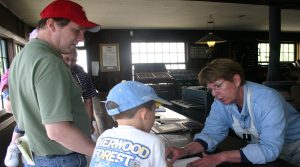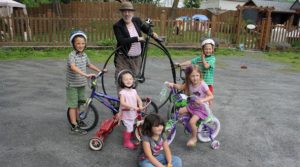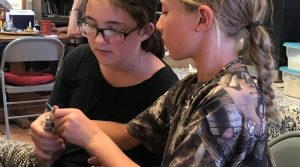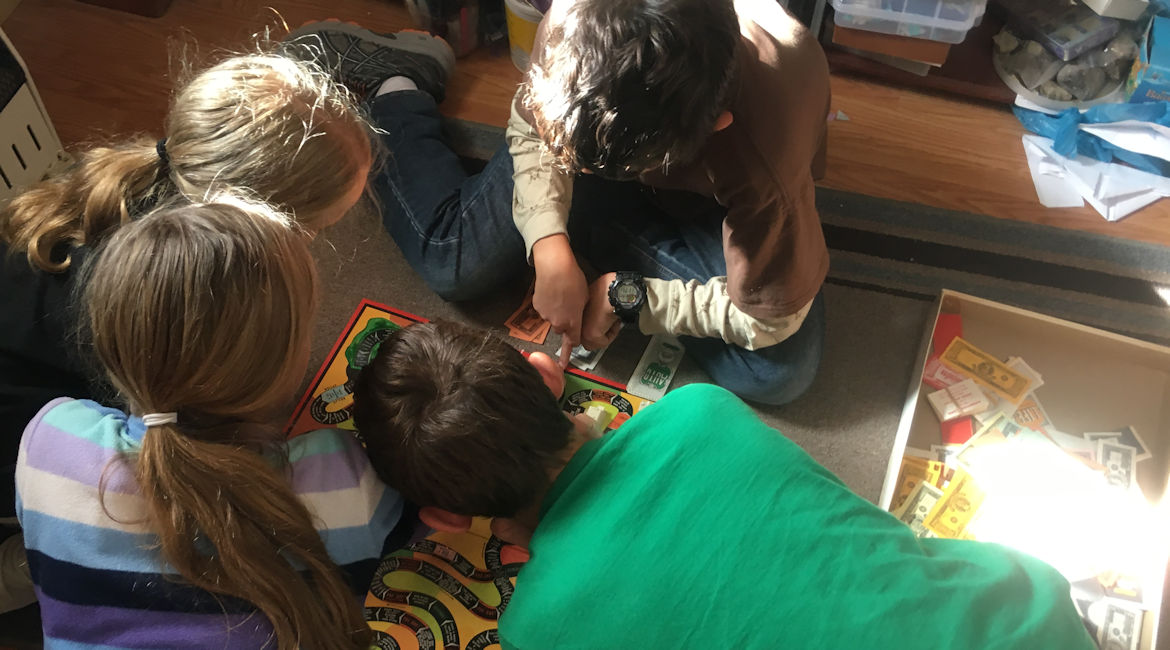One of the most common questions people against homeschooling might ask you is, “What about socialization?”
Well, what about it?
Firstly, what is socialization? My go-to quick-reference online dictionary is https://www.dictionary.com/. Their definition of socialization is “a continuing process whereby an individual acquires a personal identity and learns the norms, values, behavior, and social skills appropriate to his or her social position.” I had always assumed it had to do with interacting with other people, because that is what is implied when people ask about it. However, the definition here shows how socialization can actually put people into a box by teaching them only how to behave in their particular social position or strata. It reminds me of the caste system in India, where whatever caste (or level) of society you are born into, you live the rest of your life there. You are stuck. I know that is not what I want for my children, to limit them in what they can do. I want them to be able to do anything they choose to do with their lives, and so as a homeschooling parent, I set myself to give them the tools to be able to do so.
The other thing in the definition that surprised me was the suggestion that it is by socializing that you acquire a personal identity. In my experience, each of my children had a personality that was defined not by their environment, but by who they are. While it is true that a child’s environment will greatly affect their perspective on many things, it is also true that there are certain things that are not likely to change because they are just part of who you are. Acceptance as you are, as opposed to how others may want you to be, is critical to growing to your full potential. Moreover, to the extent that environment affects your perspective on things, I cannot think of a less diverse environment than most schools! Frankly, I want my children to be able to communicate and interact with people of all ages, cultures, races, nationalities and socio-economic backgrounds. From these vantage points, I cannot think of a more wholesome social environment for a child’s development than a loving, home school environment.
This is my experience of my children and their socialization (in the commonly-taught sense rather than the definition above).
We have four children. When they were young, we never talked baby talk with them, so they naturally grew into speaking well because they had regular correction.
 When a carpenter came to put up a fence for us, the children stood by and watched, periodically asking questions or regaling some recent events in their own lives to the man. The same occurred with the electrician, plumber or the tech maintenance man who maintained my husband’s commercial printer when they came to our house. Going to check mail at the post office was always a social affair, as my children would catch up on the latest events with the postmaster. Conversations were struck up at the checkout of the grocery store, often prompted by my children’s estimation on the cost of our groceries and whether they were going to get paid for accurate tallying through our trip around the store, as part of their math lessons.
When a carpenter came to put up a fence for us, the children stood by and watched, periodically asking questions or regaling some recent events in their own lives to the man. The same occurred with the electrician, plumber or the tech maintenance man who maintained my husband’s commercial printer when they came to our house. Going to check mail at the post office was always a social affair, as my children would catch up on the latest events with the postmaster. Conversations were struck up at the checkout of the grocery store, often prompted by my children’s estimation on the cost of our groceries and whether they were going to get paid for accurate tallying through our trip around the store, as part of their math lessons.

The question “What about socialization?” as it relates to homeschooling implies that children socialize in school and not at home or in a homeschool environment. The irony is that parents generally send their children to school to get an education, which is why some will spend more to send their children to a better, more elite school. They usually do NOT send them to school to socialize, as evidenced by parental disapproval when lower grades are brought home by their children.
A common school today has a number of students all within a year of each other in age in one room for extended periods of time. The number usually goes down with more money spent on more elite schools.
I have a question for you: Where else in life are you only around people your own age?
It is an unnatural grouping of people. If it wasn’t, you would see it repeated in different segments of society. I have no issue with our children not being socialized into what I see produced by schools (in general), but rather socializing in a productive manner with the people they encounter on any given day. Schools tend to produce cliques, groups where certain children are “in” and most are not, and those who aren’t are made to feel like they don’t “fit” or are not acceptable being themselves. They must change to conform to some clique’s ways.
Both in our local community and while traveling across the country, our children frequently interact with and play with other children, particularly at playgrounds. Without exception, our children play with any and all of those who are there, irrespective of color, age or socio-economic background. Often they are the initiators of games, like the many variations of Tag that they enjoy. They don’t even know what it is to be part of the “in” crowd or to be “shunned”. They happily incorporate all into their play.
Most of the homeschooled children I have met socialize very well with people of all ages because they have practice at it. They meet and know people who are older to aspire to be like, and younger ones they can help and be an example to for them to follow. My eight-year-old’s best friend, aside from her sister, is twelve. The age difference is not an issue to them because they are always around a variety of ages.
At the end of it all, our children are social creatures not because they go to school, and not necessarily because they are homeschooled either. They are social creatures because they have the blessing of interacting daily with a variety of people of different ages, jobs and relationships.





